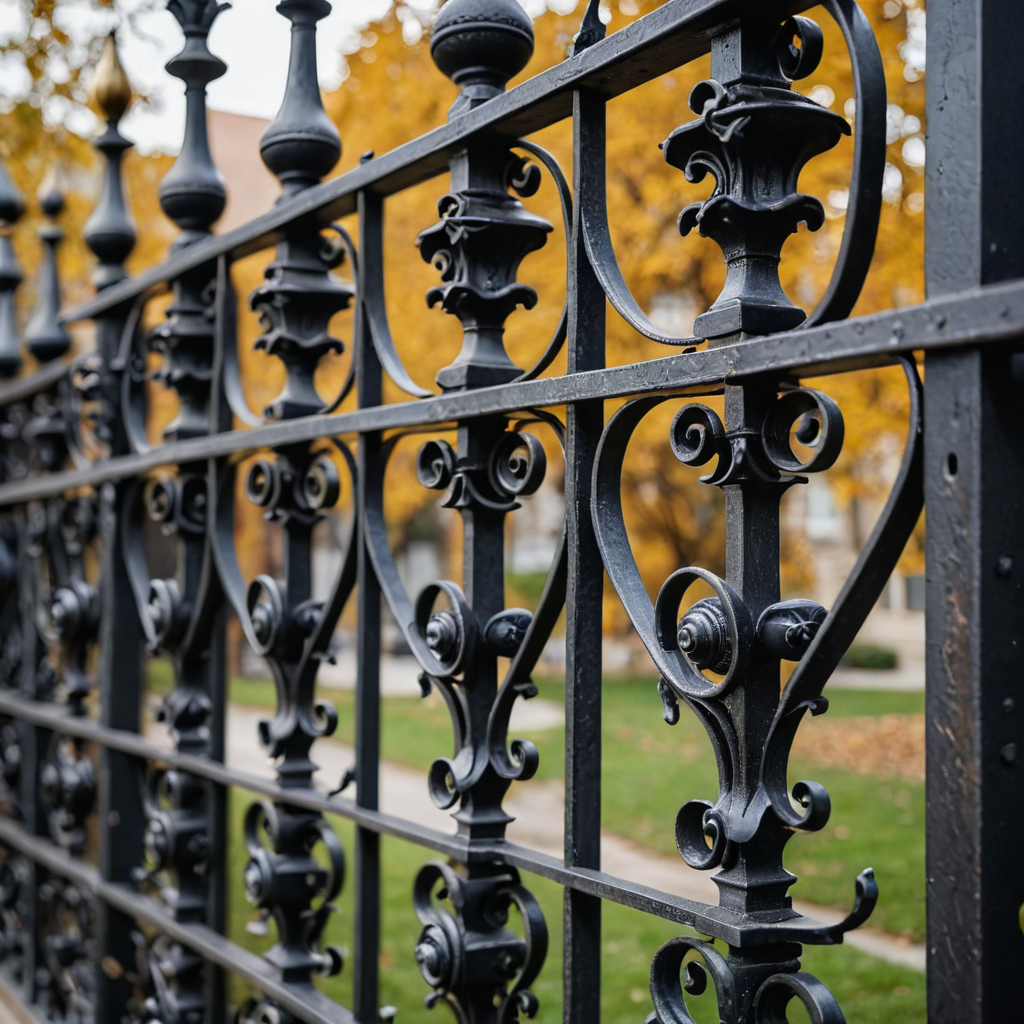
Fences serve as essential elements of property boundaries, security, privacy, and aesthetics, enhancing the functionality and curb appeal of residential, commercial, and industrial properties. When selecting a fencing material for your project, it’s essential to consider factors such as durability, maintenance, cost, aesthetics, and suitability for your specific needs and preferences. With a wide range of fencing materials available on the market, each offering unique characteristics and benefits, choosing the right material can significantly impact the longevity, appearance, and performance of your fence. In this article, we will explore different fencing materials, their properties, and considerations to help you make an informed decision when planning your fencing project.
1. Wood Fencing: Wood is a traditional and versatile fencing material that offers a timeless, natural look and warmth to any property. Common wood species used for fencing include cedar, pine, redwood, and pressure-treated lumber, each with its unique characteristics in terms of durability, appearance, and cost. Wood fences can be constructed in various styles, such as picket, privacy, split rail, and lattice, providing options for security, privacy, or decorative purposes. While wood fences require regular maintenance, staining, or painting to prevent decay and weathering, they offer a classic and customizable option for residential properties, ranches, and rural settings.
2. Metal Fencing: Metal fences, such as steel, aluminum, and wrought iron, are durable, strong, and low-maintenance options for security, ornamental, and industrial fencing applications. Metal fences provide excellent security, longevity, and resistance to corrosion, weathering, and pest damage, making them ideal for high-traffic areas, harsh climates, and long-term durability requirements. Metal fences can be designed in various styles, from ornamental wrought iron for decorative purposes to galvanized steel for industrial and security perimeters. Metal fences offer versatility in design, strength, and customization options, providing a sleek and modern aesthetic for residential and commercial properties.
3. Vinyl Fencing: Vinyl fences have gained popularity in recent years due to their durability, low maintenance, and versatility in design options. Made from PVC (polyvinyl chloride) or composite materials, vinyl fences offer superior resistance to rot, decay, insects, and moisture, making them ideal for outdoor applications that require long-lasting performance and aesthetics. Vinyl fences come in a variety of colors, textures, and styles, mimicking the look of wood, stone, or metal without the need for painting, staining, or sealing. Vinyl fences are lightweight, easy to install, and require minimal upkeep, offering a cost-effective and attractive choice for residential, commercial, and decorative fencing projects.
4. Chain Link Fencing: Chain link fences are practical, affordable, and versatile options for securing properties, defining boundaries, and containing pets or livestock. Made from interwoven steel wires, chain link fences are durable, low maintenance, and transparent, providing visibility and airflow while offering security and containment. Chain link fences come in various heights, gauges, and coatings, such as galvanized steel or vinyl, to suit different applications and aesthetics. Chain link fences are commonly used for residential backyards, sports fields, industrial facilities, and commercial properties, offering a cost-effective and functional fencing solution for a wide range of purposes.
5. Composite Fencing: Composite fences are a modern and eco-friendly alternative to traditional fencing materials, combining recycled wood fibers and plastic polymers to create a durable, low-maintenance, and sustainable fencing solution. Composite fences offer the natural look and feel of wood with the durability and weather resistance of plastic, making them ideal for outdoor applications that require minimal upkeep and long-term performance. Composite fences are available in various colors, textures, and styles, providing versatility in design options for residential, commercial, and industrial properties. Composite fences are resistant to rot, decay, insects, and moisture, offering a cost-effective and environmentally conscious choice for modern fencing projects.
In conclusion, selecting the right fencing material is a crucial decision that can impact the appearance, functionality, and longevity of your fence. By considering the properties, benefits, and considerations of different fencing materials, such as wood, metal, vinyl, chain link, and composite, homeowners, contractors, and property owners can make informed choices about choosing the ideal material for their fencing needs. Whether you prioritize the natural charm of wood, the strength of metal, the low maintenance of vinyl, the affordability of chain link, or the sustainability of composite, there is a fencing material option to suit your style, budget, and performance requirements in creating a secure, attractive, and durable fence for your property.
